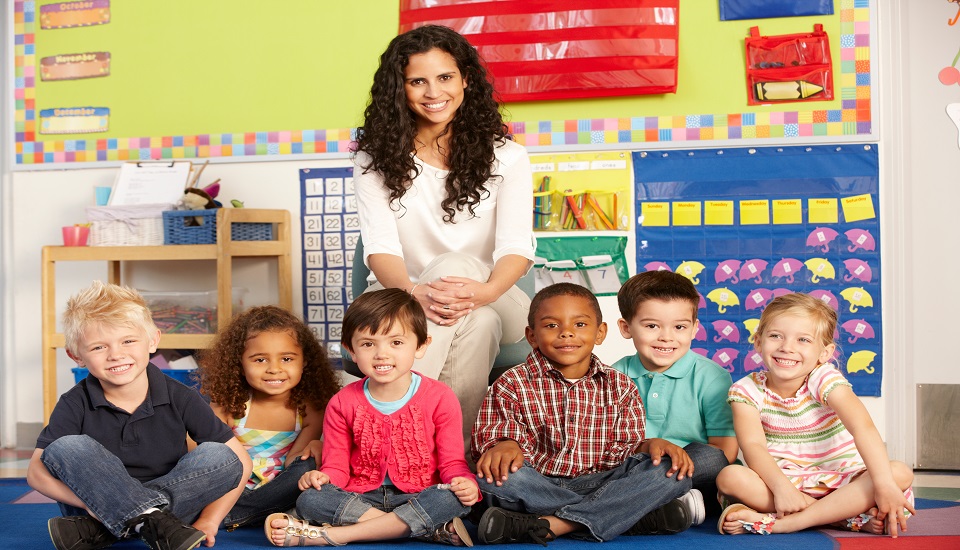Social interaction and friendships are extremely necessary for improved self-esteem. However, this quality does not come naturally to everyone. Most children find it quite challenging to make friends, especially the ones with special needs. Children often lack confidence and find it difficult to overcome their fears and make friends.
This is why certified teachers are required to teach the necessary skills to children. Most facilitators opt for a certificate in Montessori teachers training course to understand the various methodologies and techniques that will enable them to encourage and fulfill the social goals of each child.
An inclusive classroom is essentially a representation of the real world where people of different abilities and backgrounds exist. Thus, while teaching social skills to students, educators must break it down into small steps so that the child does not get overwhelmed.
Suggestions To Make Your Students Socially Active
As there is no one-size-fits-all solution, here are 5 tips that might give you some idea.
1. Teach Manners
Courtesy, grace, greetings, and table manners are important parts of social skill development. Teachers who are certified in Montessori teachers training are aware that teaching children how to be polite is a primary focus in a classroom. Facilitators practice greetings every morning and evening to teach children appropriate greetings. Moreover, they also model appropriate behaviors while eating to teach them table etiquette.
Apart from a child's motor skills being developed while handling cutlery, they also learn the use of golden words like "please" and "thank you". Since certified teachers obey the classroom norms, these classes are not chaotic like typical kindergarten. Here, students can learn that classroom is a place for practice, concentration, and exploration.
2. Allocate Class Jobs
Assigning classroom jobs to students can be a great way to develop social skills in children. They can learn to shed their fears and get out of their comfort zone and try new things. Allocating class jobs also allows the students to demonstrate leadership, teamwork, and responsibility.
Tasks can be easy and fun such as being a class representative, taking attendance, distributing handouts, volunteering, etc. These will not only build confidence in the children but will also highlight their strengths and weaknesses. Instructors can plan these tasks on a weekly and monthly basis to alleviate the workload and ensure that every student gets an equal opportunity to participate.
3. Create Role Play Situations
A certified teacher in pre and primary teacher training is aware that it is not only important for the students to learn the lessons or concepts but also to get an opportunity to practice what they have learned. While teaching social skills it is important to provide students with an opportunity where they can practice their skills. One such effective method is role play.
Facilitators can provide various exciting situations to the students and ask them to act them out. It can also be a team activity to boost enthusiasm as students might be shy to perform individually. Moreover, teachers should offer immediate feedback to support effective role-playing sessions.
4. Include Collaborative Activities
Small and large group activities can provide opportunities for students to develop social skills. Apart from gaining academic benefits, they can learn goal setting, teamwork, organizing, etc. Alternatively, during these activities teachers can assign other roles to a student like a time-keeper, supervisor, reporter, etc.
These groups can either be self-determined where students can select their own team members, but they can also be arranged by the teacher to boost socialization. When done selectively, group activities can be a great way to help quieter students come out of their shells and reinforce respectful behavior in all.
5. Practice Listening And Emotional Intelligence
While teaching social skills to children it is essential t make them self-aware. They should be able to understand and talk about their emotions. The best way to do this is to model the same behavior and make them observe. While they are talking about anything listen respectfully and calmly. Don't interrupt while they are talking but ask questions to develop their critical thinking skills. Since children love to play the imitation game, they will display the same behavior as you.
Along with this you can also teach your class names of various emotions and make them enact what they feel when they see them. Explain to them what each emotion means and how exactly they can present their feelings in front of others.
Final Thoughts
As an educator, the best way you can teach social skills to your students is by allowing them to work and play with their peers. However, if you want to learn more advanced techniques then a Certificate in Montessori Teachers Training Course can be considered. This will enable you to communicate more naturally and help your learners become socially and emotionally intelligent people.
Leave a comment!
Written By : Sanjana















